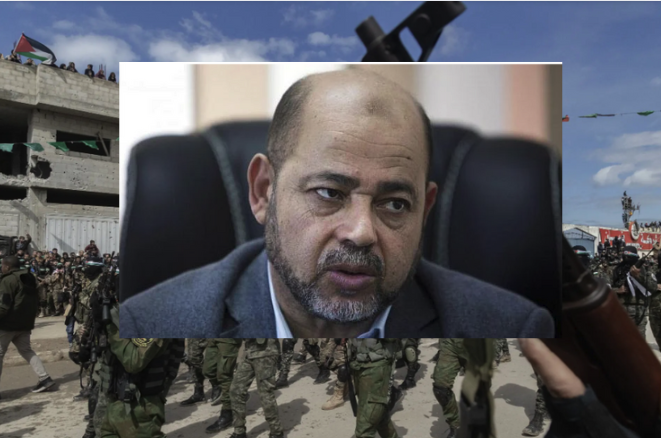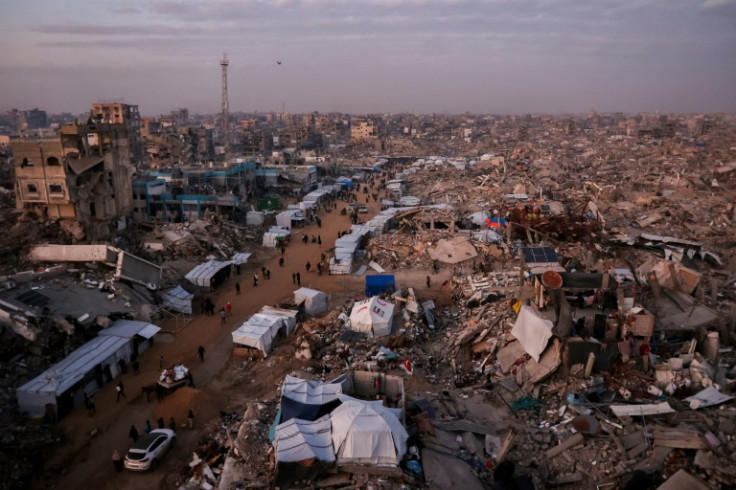Top Hamas Official: If I Knew What Would Happen I Wouldn't Have Supported Attacking Israel
Since the October 7 attack tens of thousands of Palestinians have been killed

Hamas leader Mousa Abu Marzouk now regrets the October 7 attack on Israel—admitting that, had he foreseen the devastating fallout, he never would have supported it.
"If it was expected that what happened would happen, there wouldn't have been October 7," Abu Marzouk told The New York Times Friday. His remarks, a stark contrast to other Hamas officials, who stand by it and have vowed to carry out similar attacks in the future.
The October 7 attack left approximately 1,200 dead, and 250 taken hostage and triggered a massive Israeli military response. Since then, Gaza has been devastated: tens of thousands of Palestinians killed, entire neighborhoods reduced to rubble, and nearly two million people displaced in humanitarian catastrophe.

Abu Marzouk, who oversees Hamas's foreign relations from Qatar, admitted he was not privy to the specific plans for the attack but had endorsed the overall strategy of military confrontation.
Now, he acknowledges the devastating toll its inflected on Gaza's civilians.
"We're talking about a party that lost control of itself and took revenge against everything. That is not a victory under any circumstances," he said, referring to Israel's military actions.
His remarks hint at divisions within Hamas over the war. While some leaders remain committed to armed resistance, Abu Marzouk suggested a willingness to negotiate even on contentious issues like the fate of Hamas's weapons in Gaza.
"We are ready to speak about every issue," he said when asked about potential compromises.
It's unclear whether Abu Marzouk's remarks reflect a broader shift within Hamas leadership or a strategic move to shape ceasefire negotiations. Israel has insisted that it will not end military operations until Hamas's military and governing infrastructure are dismantled.
© Copyright IBTimes 2024. All rights reserved.





















